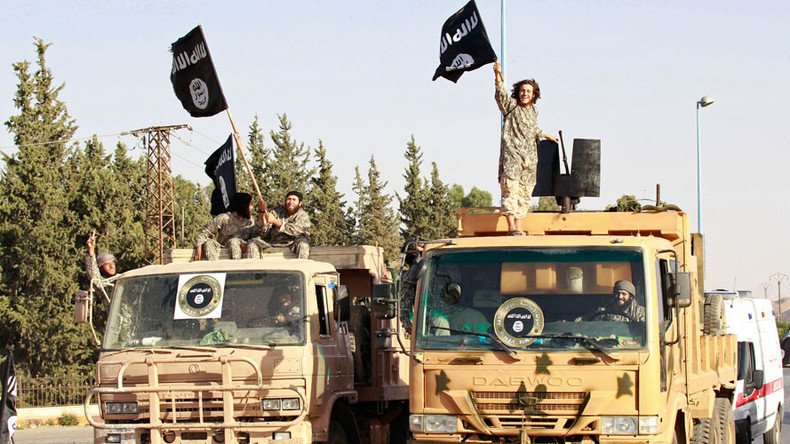‘Of course ISIS is based on Islam,’ says BBC religion & ethics chief

Islamic State’s ideology is based on Islam and it is wrong to suggest otherwise, the BBC’s head of religion and ethics told students at Huddersfield University.
Professor Aaqil Ahmed, the first Muslim to hold the post at the BBC, said Islamic State (IS, formerly ISIS/ISIL) may be wrong about Islam, but their ideas are still based on the religion.
He also defended the broadcaster’s use of the term “so-called Islamic State,” which has been criticized for offending Muslims.
Speaking at the university, Ahmed said: “I hear so many people say ISIS has nothing to do with Islam — of course it has. They are not preaching Judaism.
“It might be wrong but what they are saying is an ideology based on some form of Islamic doctrine.”
Special Forces are bombarding ISIS fighters in Libya with Bollywood music https://t.co/N1MSRdEPRFpic.twitter.com/WbUOXFmBec
— RT UK (@RTUKnews) June 2, 2016
Ahmed went on to say IS members are Muslims and that people need to get their head around “some very uncomfortable things.”
“That is where the difficulty comes in for many journalists, because the vast majority of Muslims won’t agree with them.”
Prime Minister David Cameron criticized the BBC for its accidental use of the term “Islamic State” in January.
“It is a perversion of the religion of Islam and many Muslims listening to this program will recoil every time they hear the words ‘Islamic State,’” Cameron told BBC Radio 4’s Today program.
Prevent could risk 'Thought Police' says head of the strategy https://t.co/jqf23OtnfLpic.twitter.com/5ipnoKx5YF
— RT UK (@RTUKnews) May 24, 2016
Ahmed criticised the BBC last month for being too Christian in its religious output and suggested the broadcaster should run shows for Muslim, Hindu and Sikh audiences.
His report was compiled in consultation with non-Christians who feel the BBC focuses disproportionately on Christian content.
Some Muslim critics believe the BBC should broadcast Friday prayers, the Eid festival or show children attending religious schools known as madrasas.












